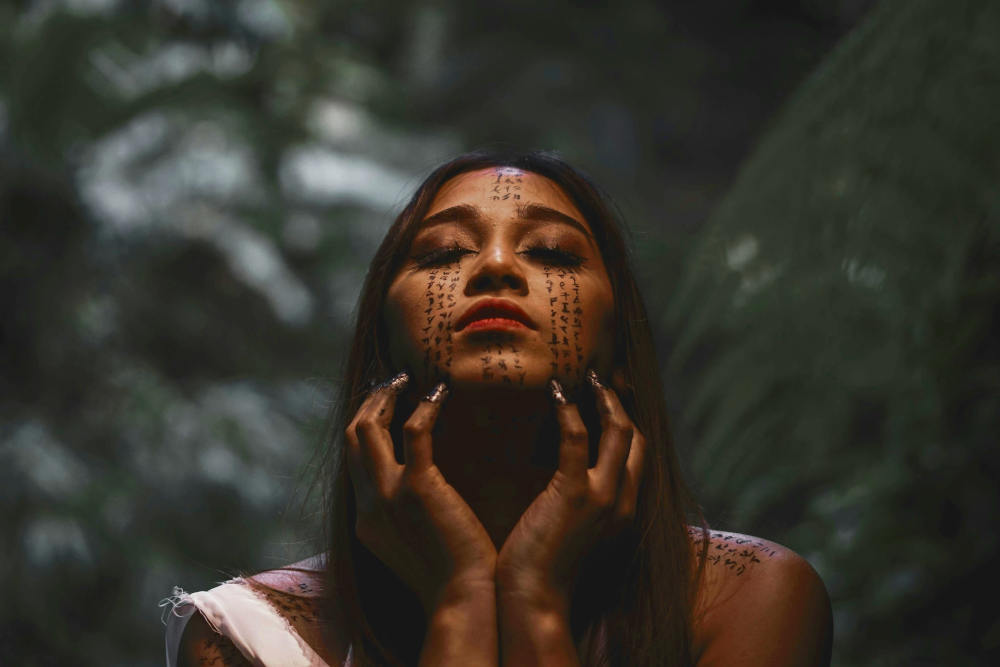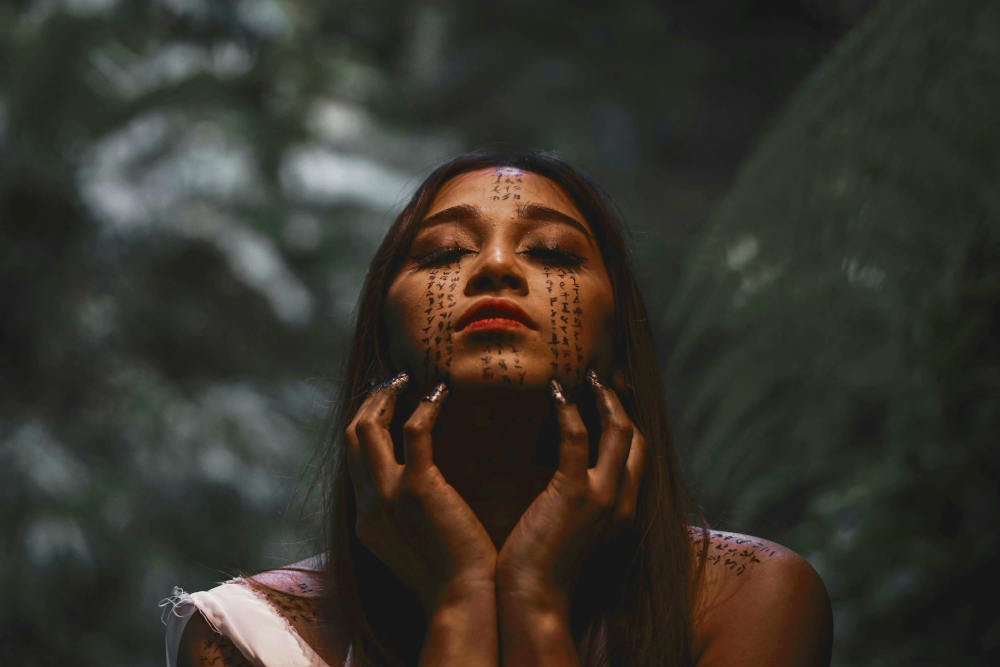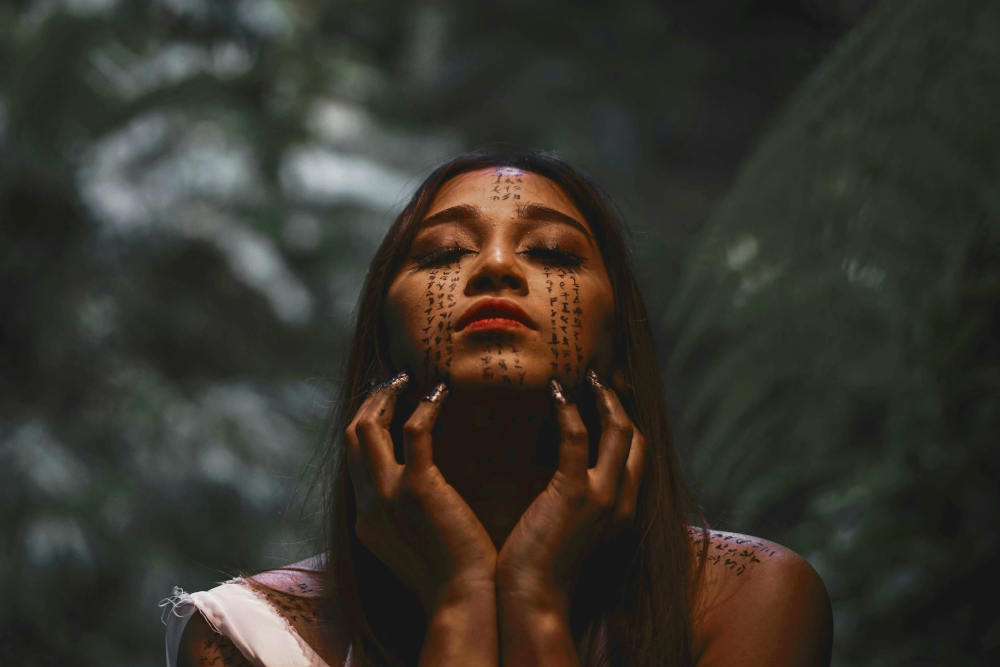
Pomellato is an Italian luxury jewelry house that designs fine jewelry, rings, earrings, bracelets, and necklaces.
The French fashion group Kering owns Pomellato and several other global luxury brands, including Balenciaga, Saint Laurent, Gucci, Alexander McQueen, Bottega Veneta, Boucheron, Brioni, Dodo, Qeelin, Ulysse Nardin, Girard-Perregaux, and Kering Eyewear.
Sustainability is part of the group's strategy as an ethical necessity and a driver of innovation.
Pino Rabolini founded the luxury company in Milan, Italy, in 1967. Today, the fashion brand still runs its operations from its headquarters in Milan, Italy.
Pomellato monitors and evaluates its environmental impact and has reached its aim of 100% responsible gold sourcing. It also aims to source sustainable silver, diamonds, and colored stones.
Pomellato bases its credibility and reputation on sustainability. The brand plans several operational improvements and assembles a united, environmentally friendly community.
Panaprium is independent and reader supported. If you buy something through our link, we may earn a commission. If you can, please support us on a monthly basis. It takes less than a minute to set up, and you will be making a big impact every single month. Thank you!
Sustainability Rating: 6/10
Rating FAQ
Category: Jewelry, accessories
For: Women, men
Type: Rings, earrings, necklaces, bracelets
Style: Chic, haute couture
Quality: High
Price: $$$
Sizes: N/A
Fabrics: Gold, silver, diamonds, colored gemstones
100% Organic: No
100% Vegan: No
Ethical & Fair: Yes
Recycling: Yes
Producing country: Italy
Certifications: RJC, GIA, SA8000, SMETA
Sustainability Practices
Pomellato believes that luxury can have a significant contribution to creating a more sustainable world. It continues to lead through responsibility, accountability, and transparency to catalyze transformational change.
Pomellato uses a small proportion of sustainable materials such as responsible gold. It currently invests in the traceability of its gemstones and diamonds and recycling solutions.
Pomellato manufactures all of its products in Italy, in its Milan atelier, where over 100 artisans craft one-of-a-kind-jewels every day.
As part of the Kering Group, Pomellato has taken steps to evaluate forced labor risks in its supply chain. The group has certified its supply chain under Social Accountability International's (SAI) SA8000 standard.
SA8000 includes an endorsement by the International Labour Organisation (ILO) Conventions and the Universal Declaration of Human Rights.
Kering continues its commitment to bring all of its businesses into compliance with SA8000 and obtain certification. It regularly audits its supply chain to ensure compliance with high social and environmental standards.
Pomellato doesn't use any exotic animal skin, or hair, fur, angora. But it uses leather to manufacture many of its products.
Leather is cruel and unethical and harms the environment by producing greenhouse gases and wastes. More sustainable alternatives exist.
Sustainability Goals
As part of the Kering Group, Pomellato reduces its environmental impacts and advocates for social welfare through unprecedented innovation and industry collaboration.
The group aims to reach a 40% reduction target of its overall environmental impacts by 2025.
Pomellato is carbon neutral by using greenhouse gas emission offsets that finance verified Reducing Emissions from Deforestation and Forest Degradation in developing countries (REDD+) projects that conserve critical forests, biodiversity and support the livelihoods of local communities.
Pomellato plans to reach 100% sustainable sourcing and 100% traceability for key raw materials by 2025.
Pomellato understands that significant work remains to be done. It wants to demonstrate the transformative power of business for change, making sustainability fashionable for the future.
Buy Here
Discover Pomellato's sustainable collections at pomellato.com.
Reviews And Experiences With Pomellato
Have you had (good) experiences with shopping at or the products of Pomellato? Then leave us your rating below.
What We're Up Against
Multinational corporations overproducing cheap products in the poorest countries.
Huge factories with sweatshop-like conditions underpaying workers.
Media conglomerates promoting unethical, unsustainable products.
Bad actors encouraging overconsumption through oblivious behavior.
- - - -
Thankfully, we've got our supporters, including you.
Panaprium is funded by readers like you who want to join us in our mission to make the world entirely sustainable.
If you can, please support us on a monthly basis. It takes less than a minute to set up, and you will be making a big impact every single month. Thank you.






























0 comments